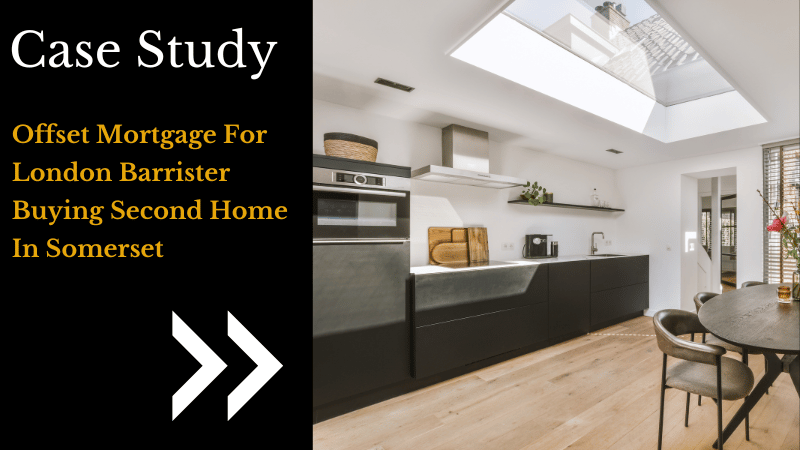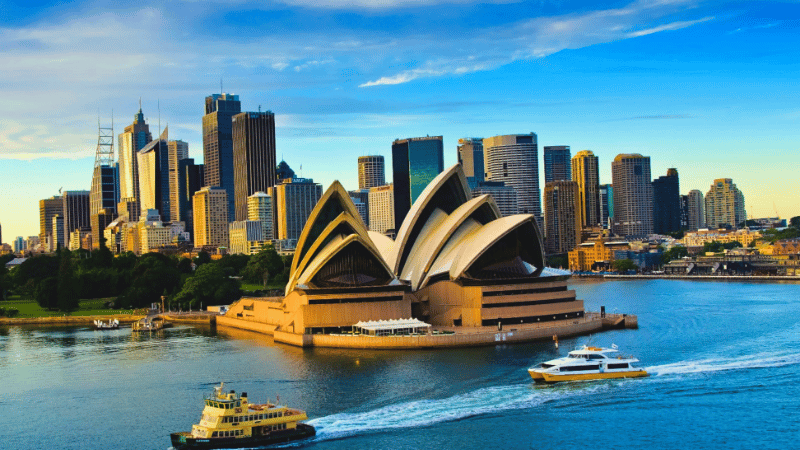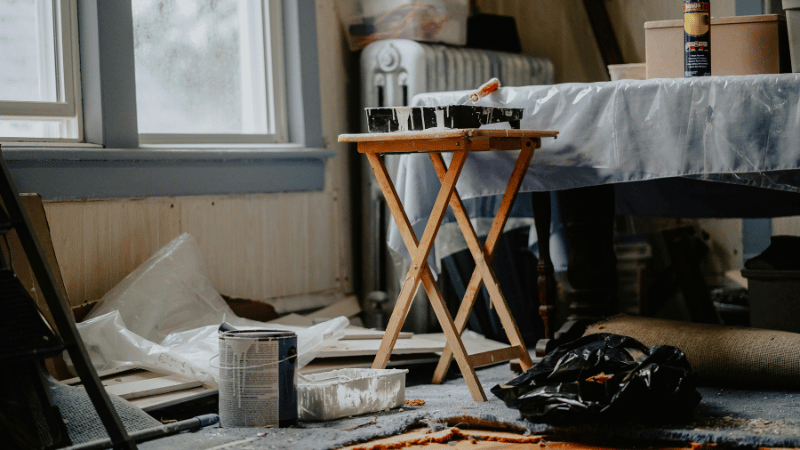Categories
Second Home Mortgages | Everything You Need to Know
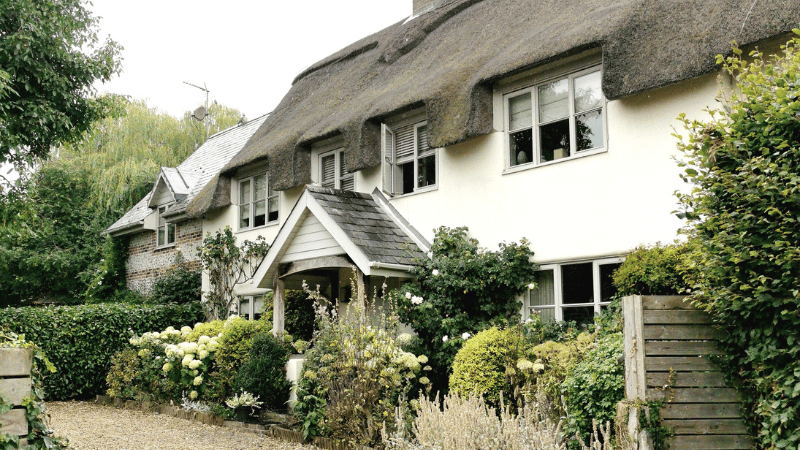
What is a Second Home Mortgage?
A second home mortgage is a specific type of mortgage used when you are looking for a second family home, perhaps a flat closer to the office, or a weekend home in the countryside.
Second home mortgages are typically repayment mortgages, similar to your primary home mortgage, marking a clear difference between them and investment-based mortgages that tend to be interest-only.
Click here if you are looking for a second charge mortgage to sit behind your first charge mortgage on your current home or investment property.
You can get a second home mortgage at any time, whether or not your primary home mortgage has been fully repaid.
Find the Perfect Mortgage
Eligibility for a Second Home Mortgage
Obtaining a second mortgage requires a greater level of financial stability than a first-time mortgage. Lenders expect to see a strong level of creditworthiness and affordability.
- Deposit - Second home mortgage deposits are higher than first-time mortgages, but not as large as those for buy-to-let and investment purposes. Many second home repayment mortgages can be obtained with a 15% to 25% deposit.
- Affordability - Affordability and stress tests are significant factors for lenders when assessing second home mortgages. You will need to show that you have the funds available for the large long-term commitment in addition to being able to keep up with existing liabilities. An existing mortgage, car finance, and other debt liabilities will all work to pull your debt ratio down, so being able to show sufficient disposable income to offset these obligations is essential.
- Credit Rating - As with all mortgage applications, your credit rating is a central part of the application. These can be easily checked online, through credit rating agencies such as Experian and Equifax. Specialist bad credit second home mortgages can be obtained, but they would require larger deposits (often 40% or greater) and may have poorer rates. It is usually best to improve your credit rating for 3 to 6 months before a mortgage application.
- Documentation - You will need to have all your identity documentation, proof of income, bank statements, and existing mortgage documents all up-to-date and ready for any second home mortgage application.
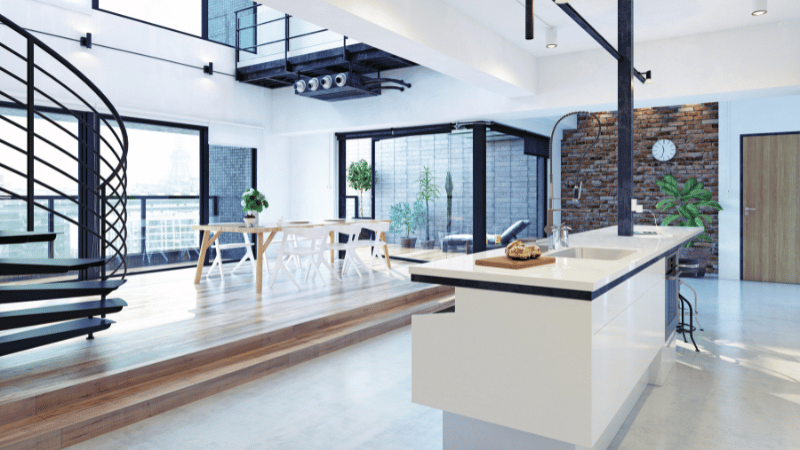
A Second Home vs. an Investment Property
Buying a second home is not the same as purchasing a property for investment, though your second home will hopefully be a good investment.
An investment property, such as a buy-to-let, poses a greater risk to the lender.
All in all, a second home is a preferable investment to a mortgage lender than a long-term rental property or holiday let.
For this reason, a second home mortgage benefits from:
- Better mortgage rates - These won’t be as good as a first-time mortgage, but are superior to buy-to-lets
- A lower deposit - As already mentioned, the deposit for a second home may be as low as 15%. By contrast, investment properties typically see deposits between 25% and 40%.
- An easier application - There’s no need to provide a rental plan to prove viability and income.
Second home mortgages are residential repayment mortgages, this means that at the end of the mortgage term, you own the property in full, just as you do your primary residence.
As you are paying off the principal as well as the interest of the loan, the monthly payments are higher than an interest only buy-to-let mortgage used for investment.
Can You Rent Out Your Second Home?
No, restrictions on mortgages are clear and a repayment second home mortgage is not suitable for use on a rental property.
If you are only looking to rent temporarily, some mortgage lenders offer a consent-to-let policy with the mortgage.
This would enable you to have a period where you rent out the property in exchange for a temporarily higher interest rate and fees.
Renting out your property would also entail additional administrative costs. Being a landlord comes with several responsibilities, including safety certifications and appropriate insurance.
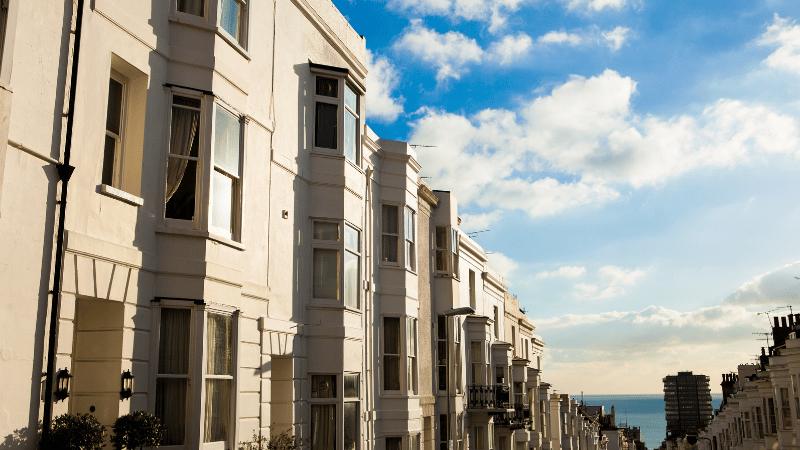
Costs and Tax with a Second Home
As with any property purchase, it’s important to understand the costs involved in getting a second home mortgage and maintaining a second home. There are 3 main types of second home tax, these are:
- The Deposit - As described above, a deposit of 15% to 25% is typical for a second home mortgage.
- Mortgage Fees - Valuation and legal fees (conveyancing) for a second home are identical to those that occur when buying your first home.
- Stamp Duty - SDLT (Stamp Duty Land Tax) in England and Northern Ireland, LTT (Land Transaction Tax) in Wales, and LBTT (Land and Buildings Transaction Tax) in Scotland are all colloquially known as stamp duty. In all cases, purchasing a second home incurs a surcharge above the cost of a first property.
- Interest Rates - Mortgage rates on second homes may be slightly higher than primary residence mortgages, though other factors such as your creditworthiness and LTV (loan-to-value) are likely to have a greater impact. Using a specialist broker, such as us at Clifton Private Finance, will help make sure you get the best possible second home mortgage rate.
- Council Tax - Many local councils are applying premiums to council tax to dissuade second home buyers to shift the balance towards local home ownership. These include 100% premiums (doubling the council tax) across much of Scotland, and a headline three-times rate in Pembrokeshire, Wales, though mounting pressure dropped this to a 150% premium in October 2024.
- Insurance - Insuring a second home may be more expensive than the first, due to the risk of having the property vacant for potentially long periods.
- Maintenance - Second homes need to be maintained and if they are empty for long periods, especially the winter months, then issues such as damp can be problematic (and expensive). It’s prudent to budget for the ongoing repairs and maintenance of your second home.
- Capital Gains Tax (CGT) - If you come to sell your second home, you will be liable for capital gains tax on the sale. This can be extremely significant, with rates ranging from 18% to 24% depending on your income tax bracket.
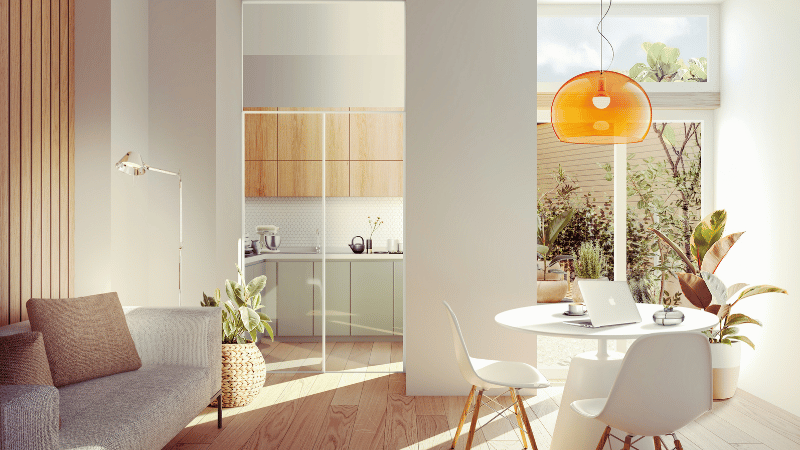
Different Types of Second Home Mortgages
Throughout this guide, we’ve concentrated on a second home repayment mortgage for residential use - a second family home - but the wider spread of second home mortgages encompasses a range of products including:
- Interest-only second home mortgages - An interest-only option with cheaper monthly payments based against an exit strategy of the house sale, more in line with investment mortgage options.
- Offset second home mortgages - Mortgages linked to your current account to lower interest by leveraging savings.
- Holiday-let mortgages - Specific interest-only mortgages designed for short lets, such as AirBNB.
- Buy-to-let mortgages - Interest only or repayment mortgages for landlords.
- Retirement interest-only (RIO) mortgages - Specialist interest-only mortgages to provide over 55s with the purchasing power for a second home.
- Equity release mortgages for second homes - Leveraging existing equity in your primary home to purchase a second home, often for downsizing in retirement.
For more details on this wide range of mortgage products, contact an expert at Clifton Private Finance.
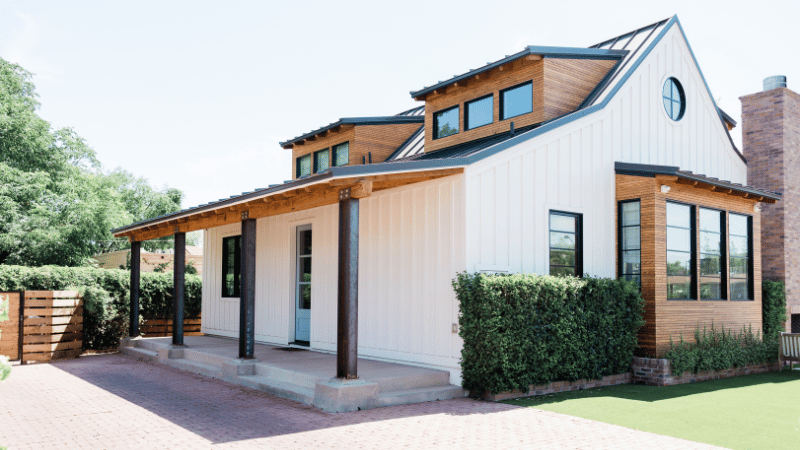
Political and Social Considerations of Second Home Ownership
In the current UK climate, second home ownership is a complex political and moral issue.
With housing at a shortage and both renting difficulties and homelessness issues of great concern, there is significant pressure to deter people from buying a second home.
Financial Discouragement
Both local and national government have introduced measures to limit the number of second home purchases in an attempt to counter housing shortages and making homes more affordable for first-time buyers - as well as provide funding for these areas.
The Impact on the Local Community
Experience shows that an influx of second home purchases, especially from affluent buyers, can be disruptive. House prices can rise beyond a natural level for the local economy, businesses can suffer a drop in footfall when homes are used only part-time, and communities can fragment.
This is especially true in rural and coastal areas of the country, with Hope Cove in Devon an example where 80% of property is now second homes, effectively dissolving much of the local community.
Cultural and Environmental Difficulties
Many people move to a new area only to find they are unhappy in the environment; perhaps the pace of life is too different, or the local values clash with your own.
Social Responsibility
There is a moral debate when buying a second home, with some asking if it is ethical when many are unable to afford housing. A strong counterpoint also exists; that investing in an area brings new growth and opportunities, with considerable building renovation and stronger seasonal spending benefitting the local economy.
Apply with Clifton Private Finance
Buying a second home is not always an easy process - thankfully we’re here to help.
We have all the expertise you need to make an informed decision and get a second home mortgage deal that has the best rates to suit you.
Do you need to move faster to secure your dream second home?
A bridging loan puts you in the position of a cash buyer, with short-term property finance available in as little as a few days. It’s then repaid when an ongoing sale completes, or when you secure a mortgage product in its place.
Contact the mortgage team at Clifton Private Finance today for a comprehensive consultation that’ll get you within reach of that second home.
